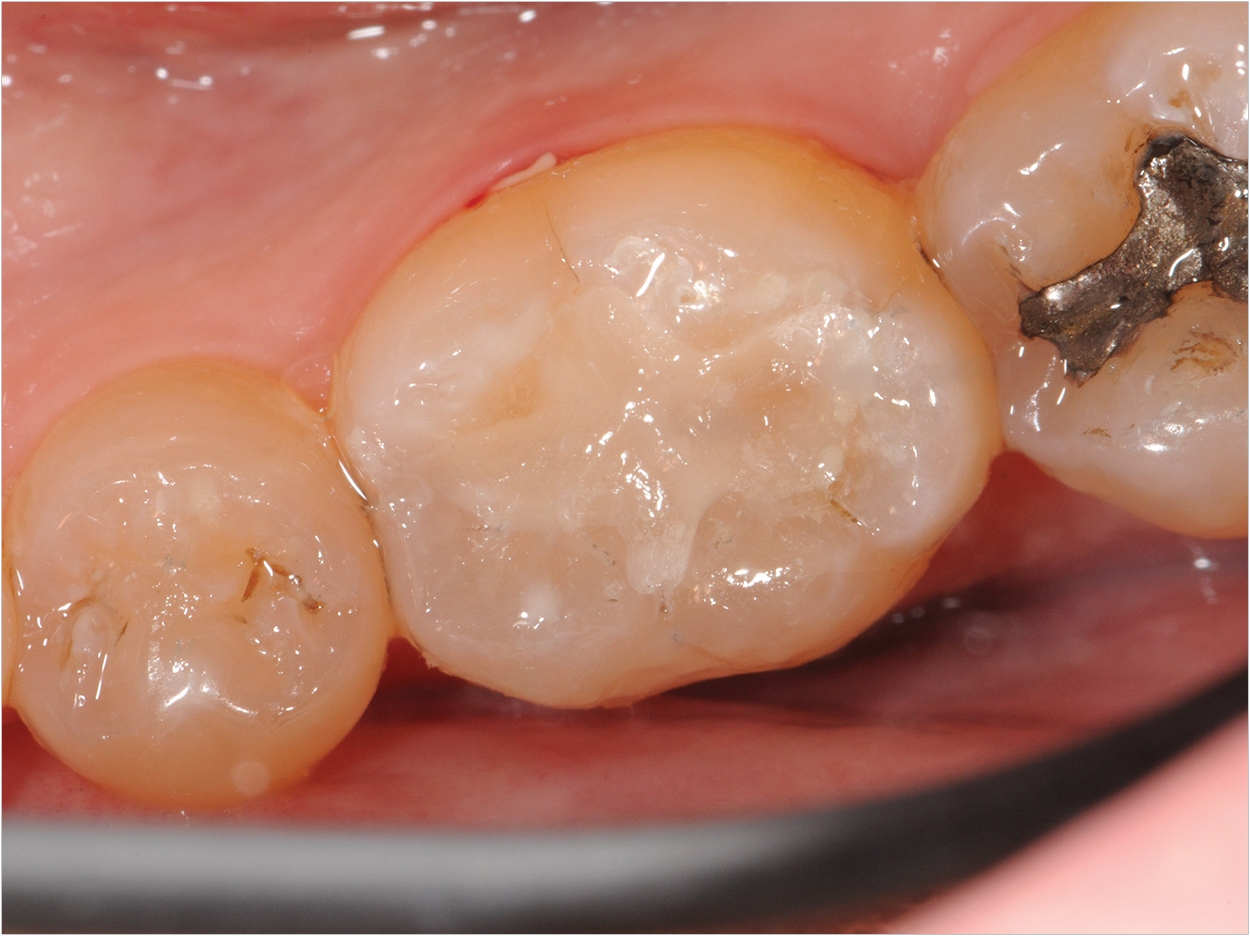
Researchers at Wuhan University in China are developing a chlorhexidine (CHX) delivery system based on expanded-pore mesoporous silica (CHX@pMSN) as well as a strategy that endows glass ionomer cement (GIC) with anti-biofilm ability by the appropriate addition of CHX@pMSN and then evaluating CHX@pMSN’s effects on the modified GIC’s mechanical properties.
The researchers added CHX@pMSN at three mass fractions (1%, 5%, and 10% w/w) to GIC powder as the experimental groups. Pure GIC was used as a control. The GIC’s anti-biofilm properties in each group were tested, along with mechanical properties such as compressive strength, surface hardness, elastic modulus, water sorption, solubility, and cumulative release of CHX.
The anti-biofilm ability was significantly enhanced in all experimental groups, compared to the control group. CHX was continuously released and anti-biofilm ability was maintained up to 30 days. Also, the mechanical properties were maintained compared with those in the control group.
The researchers concluded that adding 1% w/w CHX@pMSN to GIC led to notable anti-biofilm ability and had no adverse effect on the mechanical properties of this dental restorative material. They also said their study proposes a new strategy for preventing secondary caries by using CHX@pMSN-modified GIC.
The study, “Antibacterial Glass Ionomer Cement with Chlorhexidine-Encapsulated Mesoporous Silica,” was presented on July 25 at the 96th General Session of the International Association for Dental Research in London.
Related Articles
Chlorhexidine Mouthwash Prevents 12% of Bacteraemia Cases Following Extractions
Chlorhexidine Gel Fights Peri-Implant Mucositis
Implant Fights Infections With Reservoir Full of Antimicrobials












